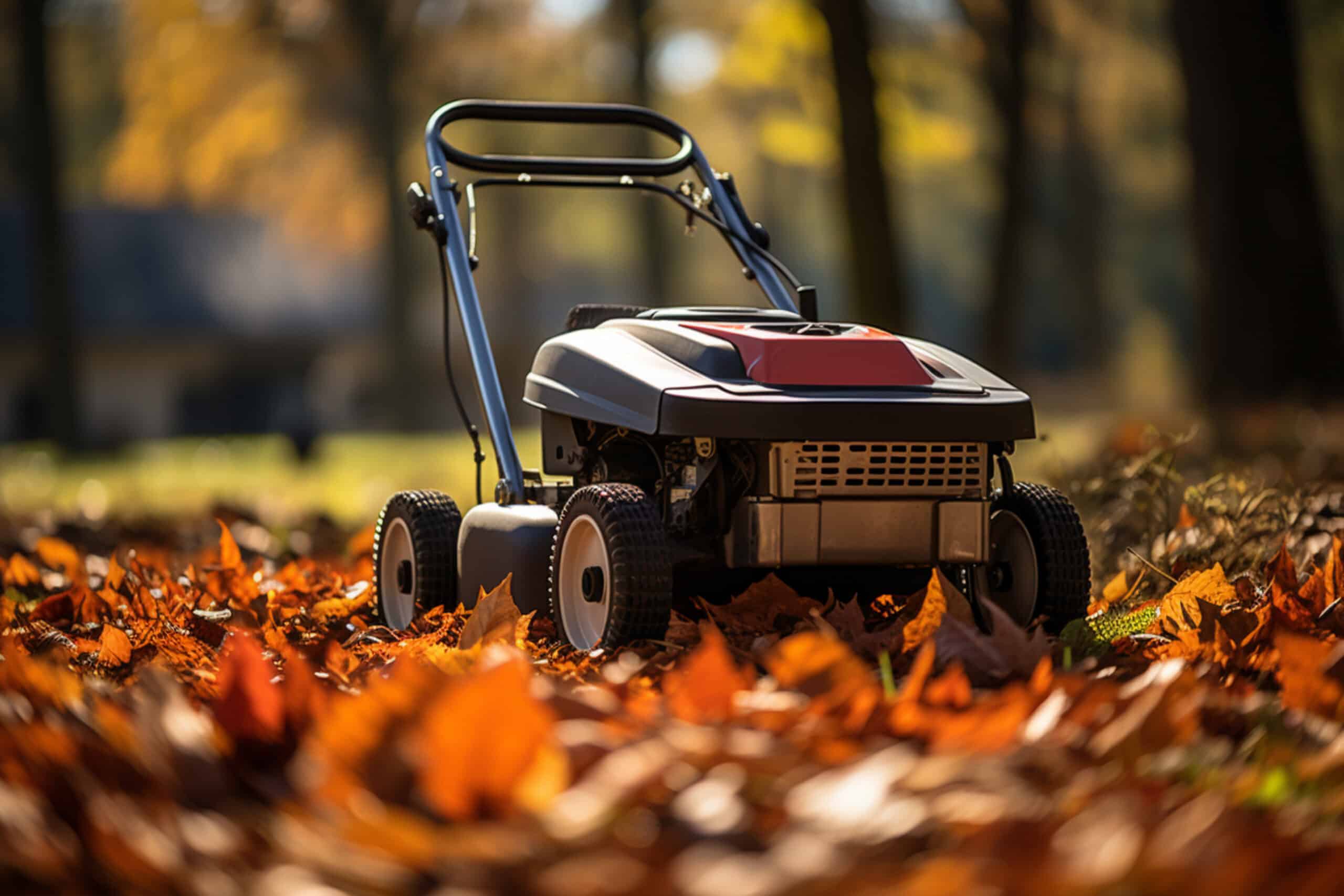Are all leaf blowers powered by 2-stroke engines?
Key Takeaways
- Not all leaf blowers are powered by 2-stroke engines.
- Leaf blowers can also use 4-stroke engines or electric motors as their power source.
- The choice of engine depends on the user’s specific needs and preferences.
Leaf blowers are commonly used to quickly clear leaves and debris from outdoor areas such as lawns, driveways, and sidewalks. One of the key considerations when purchasing a leaf blower is the type of engine it uses. The engine determines the power, fuel efficiency, and overall performance of the leaf blower. In this article, we will explore whether all leaf blowers are powered by 2-stroke engines or if there are other options available.
Understanding 2-Stroke Engines
To begin with, let’s clarify what a 2-stroke engine is. A 2-stroke engine, also known as a two-cycle engine, is a type of internal combustion engine that completes a power cycle in two strokes of the piston. This means that the engine combines the intake, compression, combustion, and exhaust processes into a single revolution of the crankshaft.
Historically, 2-stroke engines have been commonly used in small handheld power tools, including leaf blowers, chainsaws, and trimmers. They are known for their lightweight design, simplicity, and high power-to-weight ratio. However, they also have some drawbacks, such as being noisier and emitting more pollution compared to other engine types.
Exploring Leaf Blower Engines
Contrary to popular belief, not all leaf blowers are powered by 2-stroke engines. Leaf blowers can also use 4-stroke engines or electric motors as their power source. Let’s dive deeper into each of these options:
2-Stroke Engines
Many leaf blowers do indeed utilize 2-stroke engines. These engines are typically fueled by a mixture of gasoline and oil, which needs to be properly mixed in the correct ratios. 2-stroke engines provide high power output, making them suitable for heavy-duty tasks. However, they require more maintenance, produce more emissions, and can be louder compared to other options.
4-Stroke Engines
Some leaf blowers, on the other hand, are equipped with 4-stroke engines. These engines have a separate oil reservoir and run on straight gasoline, eliminating the need for pre-mixing fuel and oil. 4-stroke engines are generally quieter, more fuel-efficient, and emit fewer pollutants compared to 2-stroke engines. They also tend to offer smoother operation and longer engine life. However, they may be heavier and more expensive than their 2-stroke counterparts.
Electric Motors
In recent years, electric leaf blowers have gained popularity due to their convenience and environmentally friendly operation. Electric leaf blowers are powered by electric motors, either corded or battery-operated. They do not require fuel mixing or generate exhaust emissions, making them a cleaner and quieter option. However, their power output may be lower compared to gas-powered leaf blowers, and they are limited by the length of the power cord or battery life.
Conclusion
In conclusion, not all leaf blowers are powered by 2-stroke engines. Leaf blowers can be powered by 2-stroke engines, 4-stroke engines, or electric motors. Each type of engine has its own advantages and disadvantages, and the choice ultimately depends on the user’s specific needs and preferences.
Related Websites:
FAQs:
Q: What is a leaf blower?
A leaf blower is a gardening tool used to move leaves and debris by blowing air. It is commonly used for clearing lawns, driveways, and sidewalks.
Q: Why is it important to know the type of engine used in a leaf blower?
Knowing the type of engine used in a leaf blower is important for potential buyers as it impacts factors like power, noise, emissions, and user preferences. This information helps buyers make an informed decision based on their specific needs.
Q: What are the advantages and disadvantages of using a leaf blower with a 2-stroke engine?
2-stroke engines are lightweight, compact, and provide high power-to-weight ratio. However, they require a mixture of oil and gasoline, produce more emissions, and can be louder compared to 4-stroke engines.
Q: What are the advantages and disadvantages of using a leaf blower with a 4-stroke engine?
4-stroke engines are more fuel-efficient, produce lower emissions, and generally run quieter than 2-stroke engines. However, they are usually heavier and bulkier.
Q: Are all leaf blowers powered by 2-stroke engines?
No, not all leaf blowers are powered by 2-stroke engines. Manufacturers offer both 2-stroke and 4-stroke engine options to cater to different customer needs and preferences.






